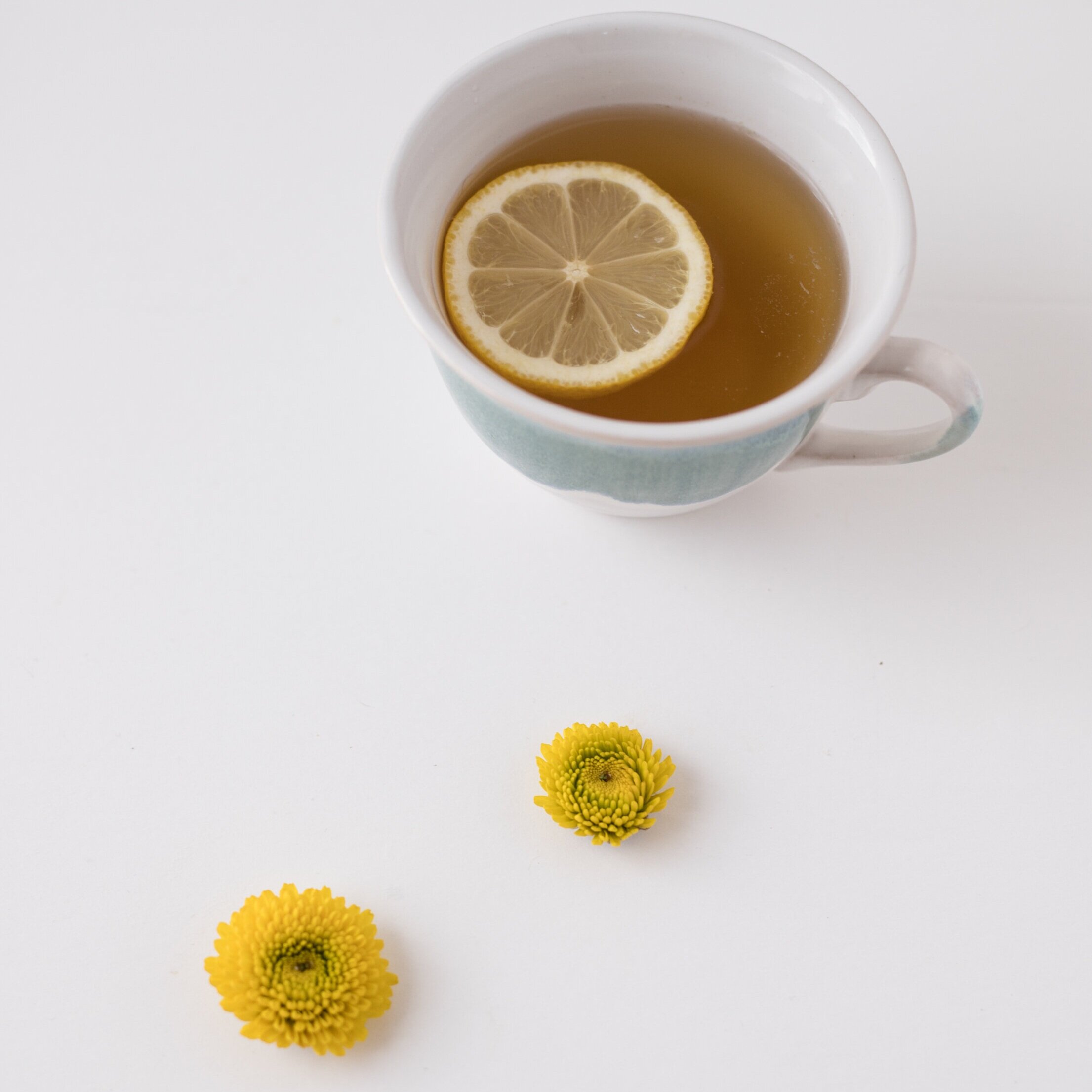The holidays are upon us. Are you ready??
Do you ever feel more like holidays = ho-ho-holy crap?
Yesterday I heard “Jingle bell rock” in the Subway station and I simultaneously felt a twinge of excitement and dread. Maybe you’ve noticed the change in window displays (#Macys), the advertisements for Black Friday and holiday deals, the holiday music playing in the subways and shopping malls, and the Starbucks seasonal holiday cups?
While there is an air of festivity to all of this, underlying all the glitz and glamour is a super-charged expectation on our time, money, and emotional energy. Not only do you have your day-to-day responsibilities of maintaining a smoothly-run household, accomplishing projects at work, and attending to the routine obligations for important relationships, you now have the expectation of traveling near or far to be with friends and family, shoveling out money for gifts, making extravagant meals or dishes, or showing up for social obligations (operative word being “obligation”).
All while you keep a cheery disposition and remember to say “happy holidays!”
Stressed yet?
We all know this rigmarole happens every year.
Yet, why do we act so blindsided and mowed over with stress during and after every holiday season?
Time to tackle this holiday season differently
We’re not usually taught how to prepare ourselves in advance for the emotional and physical toll these responsibilities take in our lives. Even less so are we taught that when we go through all this, it’s okay to take care of ourselves.
Self-care can feel like a throw-away concept during the holidays but I’m here to tell you, it’s not. Instead, self-care is one of the most essential things you need to keep your sh*t together this year.
Imagine that you can maximize this holiday season for what it is really about: Your connections to your loved ones and gratitude for the life you have today.
Here are five steps to managing your stress and practicing self-care this holiday season.
Gratitude starts now
List up to five things/people you are grateful for.
Don’t wait until after the holidays or after New Years when it’s resolution time.
Start now. Armor yourself with a sense of gratitude. You want to remember before sh*t hits the fan why you’re spending time with people you’re with, why you’re choosing to honor them with your time and resources.
Gratitude literally changes your brain chemistry and has lasting effects on how you fare during stress, throughout your day, and lingers with you even after you’ve written something down.
This list you have? Keep this somewhere you can easily access it throughout the next few weeks. Add it to your Self-care-to-go kit (more on this later). Keep revisiting this list throughout the holidays to remind you of your purpose for the holidays.
Make an agreement with yourself about what you want to and can give in terms of your resources
Now that you’re buzzing on some good feels, make an agreement with yourself for what you want and can give in terms of your resources (e.g. time, financial, emotional, physical). These agreements need to meet two conditions:
First, you want to contribute. You are choosing to give part of your resources and are not doing it because you “should.”
Second, you can contribute. Will this contribution be something that will require energy and resources you don’t currently have? Will this contribute to your being more or less present with your loved ones?
Bonus TIp: how to figure out what you need. What is your “agreement”?
List out the social obligations you have planned for the next couple of weeks.
Write specifically how you want to and can contribute to each of these events. This may be “Just show up”, or “Bring a dish”. Or maybe you decide you don’t want to/can’t contribute - cross this off your list.
What are some ways you can contribute that won’t require more time and energy than you have? For example, can you just pick up a pre-made dish rather than make a homemade casserole? Can you pick up a gift card and put it in a thoughtfully written card instead of running to the mall to find the perfect gift? Can you agree to have a date with a friend after the holidays instead of trying to squeeze in another party during the week? Give yourself permission and get creative.
By being clear from the outset what you want and can do, the less you’ll overload yourself as stuff pops up in the next couple of weeks (which they will).
3. Communicate your agreement and needs with your key relationships
While it’s nice to make an agreement with yourself, it’s vitally important that your community around you is aware of what you want and need.
Tell the people closest to you what they can realistically expect from you in the next couple of weeks and how they can support you.
Communicate it confidently, not apologetically.
You don’t need to apologize for wanting to be more present and less stressed during the holidays.
In fact, people often appreciate when you clearly communicate your boundaries and what your needs are. People don’t like to be left in the dark.
Make it equally clear that the reason you are setting these boundaries is because you want to be as present as you can be with them.
4. Create a Self-Care-to-go kit
Create a little “to go kit” you can utilize at any time you start to notice your energy waning or stress rising.
What do you like that relaxes you, that brings you energy, that brings you joy?
Remember the Gratitude List? Keep that in there and read it from time to time.
Pack little chocolates. Pack a book you’ve been wanting to read so you can read something you enjoy for 15 minutes when you need some alone time. Bring your earbuds with you so you can listen to music or a podcast when you step outside for a 5 minute walk.
Whatever things you need to help you de-stress, have them readily accessible to you.
5. Take breaks and go steady
I’ve mentioned this a few times but it’s worth repeating. Take breaks. Go steady.
The holidays are not a one-day affair. There’s a reason we call it the holiday season.
So incorporate breaks whether they’re mini-breathers during a given day or a half/full day that you agree isn’t a day you’ll be engaging in social obligations during the week. You and everyone else will thank you later.
Still lost about where self-care fits into your life?
At this point, you may be asking yourself: What if I can’t find time for myself? I have aging parents, I have young kids, my calendar is so booked and I have so much to do.
I hear you. Telling someone who has a lot on their plate to take a break for themselves can seem counter-intuitive. This may sound hard to imagine incorporating into your already-busy life.
This is not a reason not to take care of yourself.
What is the one thing you can do to take care of yourself such that being there for others will be easier?
I’m not asking you to abandon your family vacation, or leave your kids for hours at a time so you can go to the spa for half a day (although hey, you do you if that’s your plan!).
What feels manageable for you?
If what feels manageable for you is waking up 20 minutes earlier than you normally do so you can have some peace and quiet in the morning before everyone else gets up, then do that. If, during that time you listen to music, stretch, and/or take a quick walk outside, then that’s what you do.
The key is you do something as an act of self-care so that you are relieving some of the stress from your body and mind.
Conclusion
The holidays are inherently stress-inducing for most people but this year, you’re ready to engage with the holiday season differently so that you can be fully present for your loved ones and take pleasure in the festivities too.
Let’s recap the steps to take to manage your stress during the holidays and maximize your time with loved ones:
List up to five things/people you are grateful for. Remind yourself why you’re spending time with people you’re with and why you’re choosing to honor them with your time and resources. Reference this list throughout the holidays as happy-making reminder.
Make an agreement with yourself on what you want to and can contribute in terms of your resources. You are choosing to contribute instead of doing what you “should do.” Ask yourself: by doing this, will I be taking up energy/resources I don’t have? By doing this, will this help me be more or less present with my loved ones?
Communicate to the people closest to you what they can realistically expect from you in the next couple of weeks and communicate it confidently, not apologetically. Be clear that that the reason you’re setting these boundaries is because you want to be as present as you can be with them.
Create a Self-care-to-go kit. What do you like that relaxes you, that brings you energy, that brings you joy? Whatever things you need to help you de-stress, stick them somewhere you can have accessible to you.
Take breaks. Go steady. Incorporate breaks during a day or during the week throughout the holiday season.







